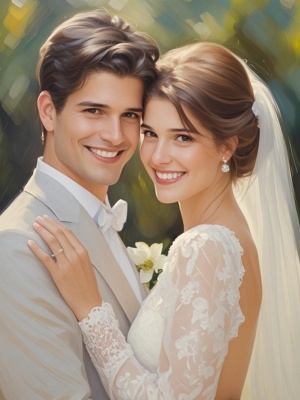The Timeless Beauty of Vintage Oil Painting Landscapes
Introduction
Vintage oil painting landscapes capture the essence of nature through the skilled hands of master artists from bygone eras. These artworks not only showcase breathtaking scenery but also reflect the artistic techniques and cultural values of their time. For collectors and art enthusiasts, vintage landscape paintings offer a window into history while providing timeless aesthetic pleasure. In this article, we'll explore the unique characteristics, historical significance, and preservation techniques of these magnificent works.
The Golden Age of Landscape Oil Painting
The 17th through 19th centuries marked the golden age of landscape oil painting, with artists developing revolutionary techniques that still influence art today. Masters like Claude Lorrain, J.M.W. Turner, and the Hudson River School painters created works that defined entire movements.
Key Characteristics of Vintage Landscape Paintings
- Rich, layered brushwork creating depth and texture
- Naturalistic color palettes derived from earth pigments
- Atmospheric perspective techniques to suggest distance
- Careful composition following classical principles
- Visible brushstrokes that reveal the artist's hand
Preserving Vintage Oil Paintings: Challenges and Solutions
Maintaining these historical artworks presents unique challenges that require specialized knowledge and care.
Common Preservation Issues
- Yellowing varnish layers obscuring original colors
- Craquelure (fine cracks) developing in the paint surface
- Paint loss due to improper storage conditions
- Canvas weakening or tearing over time
Modern Conservation Techniques
Contemporary art conservators use advanced methods to preserve vintage oil paintings while respecting their historical integrity. These include:
- Non-invasive cleaning with specialized solvents
- Microscopic analysis to determine original pigments
- Climate-controlled display and storage environments
- Reversible restoration techniques for future conservators
Collecting Vintage Landscape Paintings
For those interested in starting a collection of vintage oil painting landscapes, several factors should be considered to ensure successful acquisitions.

Authentication Challenges
With the rise of AI painting techniques, authenticating genuine vintage works has become more complex. Reputable galleries and auction houses employ art historians and scientific analysis to verify provenance.
Investment Potential
While not all vintage landscapes appreciate equally, works by recognized masters or from significant art movements often show strong investment returns. According to Christie's auction house, quality landscape paintings have seen steady 5-7% annual appreciation over the past decade.
Modern Interpretations of Vintage Landscapes
Contemporary artists continue to draw inspiration from vintage landscape techniques while incorporating modern perspectives. Some combine traditional oil painting methods with digital art platforms to create hybrid works that bridge past and present.
AI and Vintage Landscape Recreation
Advanced algorithms can now analyze and recreate the styles of historical landscape painters with remarkable accuracy. While controversial in art circles, these technologies help preserve and disseminate knowledge about vintage painting techniques.
Conclusion
Vintage oil painting landscapes represent more than just beautiful scenery - they are historical documents, technical masterpieces, and enduring testaments to human creativity. Whether you're an art historian, collector, or simply an admirer of beautiful works, these paintings continue to captivate audiences centuries after their creation. As we move further into the digital age, the appreciation for these handcrafted masterpieces only grows stronger, reminding us of the irreplaceable value of traditional artistic skills.
For those interested in exploring more about artistic techniques, consider reading our guide on transforming portraits into artistic masterpieces, which includes both traditional and modern approaches.
